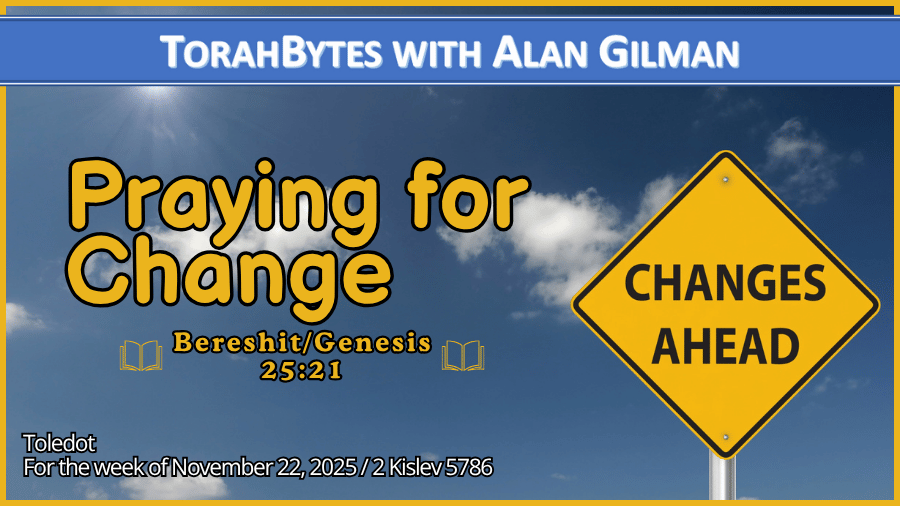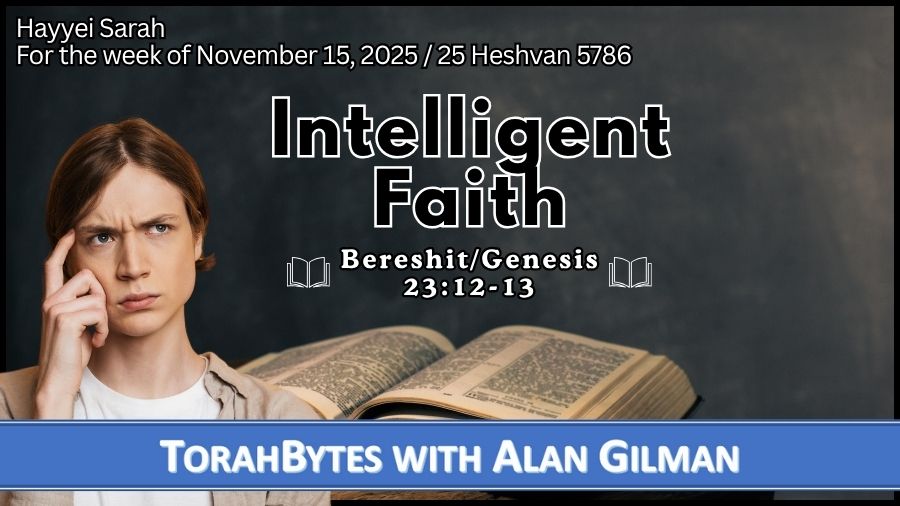For the week of December 27, 2025 / 7 Tevet 5786

Click image to view video version
Vayigash
Torah: Bereshit/Genesis 44:18 – 47:27
Haftarah: Ezekiel 37:15-28
Originally posted the week of December 15, 2018 / 7 Tevet 5779 (revised)
And he wept aloud, so that the Egyptians heard it, and the household of Pharaoh heard it.
(Bereshit/Genesis 45:2)
Sometime in my late teens, I stopped crying. That’s not to say that up until then, I was crying nonstop. I had lost the ability to cry. All children cry. It’s our automatic, God-given survival mechanism. As we get older, most of us learn to control the tears and express our needs and disappointments in other ways. In many cultures, males are discouraged from crying at all. “Big boys don’t cry,” we’re told; so we stop. But that’s not why I did. It’s not as if my parents taught me such a thing. I remember seeing my father cry on more than one occasion, and there was no shame in that. Despite that, I distinctly remember that by the time I was eighteen years old, I could feel a constant need to cry lodged in my throat. It was awful.
My life was awful. My father had abandoned my mother and me a few years before. By this time, my mother was not well enough to work, forcing us to turn to government assistance. I had no direction in life. I was very superstitious. I thought success was measured by degrees of pleasure. And I had developed an inordinate fear of death.
Everything about my life was out of sorts. I had no clear vision of what it should or could be. Wrapped in a shroud of confusion and fear, I was stuck just like the lump in my throat. Then, a few days before my nineteenth birthday, my life was transformed by my first encounter with the truth of Yeshua as Messiah. As I reached out to God that day, I had no idea I was embarking on an amazing Great Adventure. But no tears, just smiles.
In those early months of my newfound faith, I experienced a happiness I had never dreamt of. I was ecstatic, and people could see it all over me. The next few months were exhilarating despite the new tensions and relationship strains from the unusual path I was on. Still, no tears.
A year after coming to faith, I left home for biblical studies. Leaving home brought with it renewed anxiety as I began to face some of my entrenched insecurities and fears. As I woke up one morning in my dorm room, I was fiercely struggling with I don’t really know what. I was not doing well and didn’t know what to do. I was alone in my room. My roommate had a small (for those days) stereo and a few Gospel albums. I didn’t listen to a lot of music back then, since music had been one of my gods during my Bad Old Days. I don’t know why I put the album on. Then something happened as the singing started. The faucet opened! I was shocked, as for the first time in I don’t know how long, I cried and cried. It felt so good! And while the lump would return from time to time, eventually so would the tears, as God has allowed me to express myself in this way.
It’s hard to say for sure what it was about that moment that released all that pent-up emotion. I can guess, because I have had similar experiences since. It hasn’t always been with a song, but when I get a glimpse of the essence of life’s reality, it’s as if in that moment I see things as they really are, that amidst the confusion and chaos of my life, God really is my security, and everything will be okay after all. When that truth hits me, I am undone as all the tension of the insecurity I feel from the instability and pressures around me is released in an emotional torrent.
Perhaps that is something akin to what Joseph experienced when he was finally reconciled with his brothers. We can’t overestimate the emotional turmoil he must have borne all those years. We shouldn’t assume his rise to power in Egypt completely soothed the confusion, anger, and sadness he carried for so long. The emotions must have built to volcanic proportions during the process of revealing himself. For his own reasons, he shrewdly dealt with his brothers as they travelled back and forth to Egypt for food, all the while not knowing he was their brother. Then, when he deemed the time was right, all that pent-up emotion flowed so freely that everyone around knew he was weeping.
I am aware that there are many people, men included, who cry like freely flowing fountains. If that’s you, then you probably have no trouble relating to Joseph. You might be crying right now. Then there are the others. Maybe you have an incessant lump in your throat, as I had. Perhaps you have buried your emotions for so long that you can’t feel them anymore. I don’t know what it will take to release all you have stuffed inside. But I wanted to tell you: it’s alright to cry.
Scriptures taken from the English Standard Version








